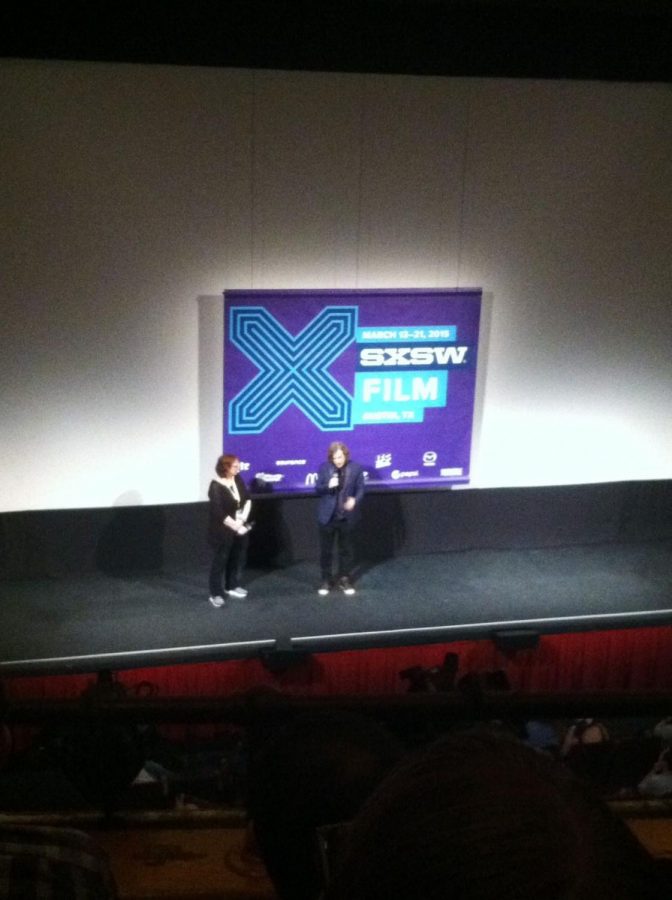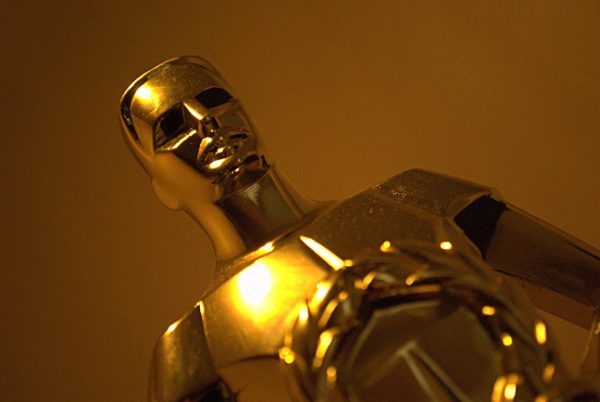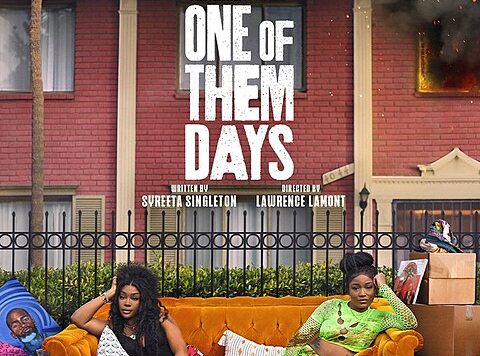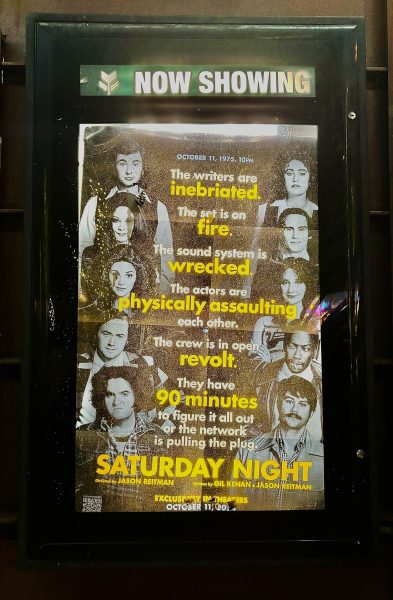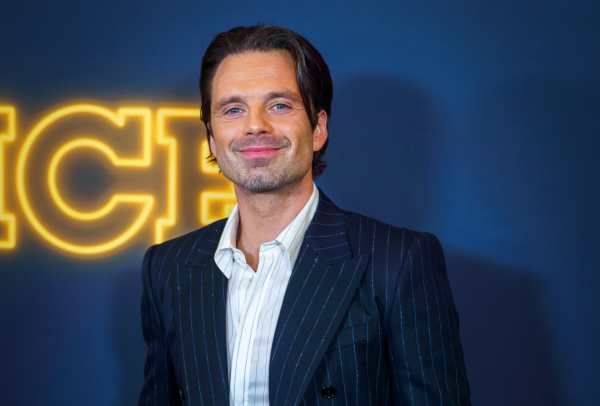SXSW: Cobain documentary unveils troubled man behind the legends
Time will tell if “Kurt Cobain: Montage of Heck” is the definitive Cobain biopic.
As Director Brett Morgen said in the interview following the SXSW premiere Wednesday at the Paramount Theatre, Cobain is “too iconic,” and new generations will keep trying to define him.
Yet Morgen’s documentary stands out among everything else that has been done so far on Cobain or Nirvana because of Morgen’s choice to portray Cobain as an artist, as a son and as a father first.
“It’s a family origin story,” Morgen said. The film’s first 20 minutes included never-before-seen home videos of Cobain as a happy and energetic kid with full baby cheeks and a bright, blond mess of hair.
A soundbyte of the toddler saying “I’m Kurt Cobain” is surreal for all whose first mental image of Cobain is from the ’90s during the peak of Nirvana’s popularity and his own heroin use.
Cobain is further (finally) revealed in his art, showcased in the film from when he first learned to draw Mickey Mouse doodles to his later, notably darker drawings.
The film also included interviews with his mother, sister, father and stepmother, but nothing was as jolting and revealing about Cobain’s early life as his drawings and notes to himself.
The deep-seated frustration and sense of rejection and alienation that would appear later in Nirvana albums are all too obvious in Cobain’s notebooks.
Combined with the family interviews, the notebooks expose Cobain as a hyperactive, hypersensitive youth who doesn’t know how to get along with others, particularly his family.
The rest of the film captures Cobain’s rise to fame and struggle under the public eye, primarily through band interviews and concert footage. In each interview, Cobain is apathetic or entirely hostile to the interviewers. In concerts, his rage is plain.
Unlike many other biopics about contemporary figures, the interviews never lead the movie. Besides Cobain’s captured personal art, the rawness of Morgen’s documentary come from the home videos of Kurt Cobain and his wife, Courtney Love. The videos are as intimate as his notebooks, but reveal a Cobain that is desperate for the structure and love of a family.
Cobain and Love, for all their drug and media controversy, were clearly infatuated with each other. They were also clearly comfortable with being filmed by each other as the videos capture the couple in all kind of states: often not entirely clothed and not entirely sober.
What will surely be one of the film’s most-loved scenes includes Love taking a bath with their baby daugher, Frances, and Cobain entertaining both with a Bob Dylan impression.
Having made plain Cobain’s complicated, uneasy life, Morgen includes as little speculation as possible towards the causes of Cobain’s suicide. The ending, a sharp cut to black, doesn’t feel unfinished.
In the Q&A following the SXSW premiere, Morgen said that Frances Cobain, who served as Executive Producer alongside Courtney Love, thought it was the only “honest way to end it.”
For those looking for a pure Nirvana film, be wary. Dave Grohl is dissapointingly absent. And while “Kurt Cobain: Montage of Heck” includes remarkable reimaginations of “Smells Like Teen Spirit” and “All Apologies” to serve as a score for the film, the documentary is ultimately a portrait of a tortured man and not about the band.


